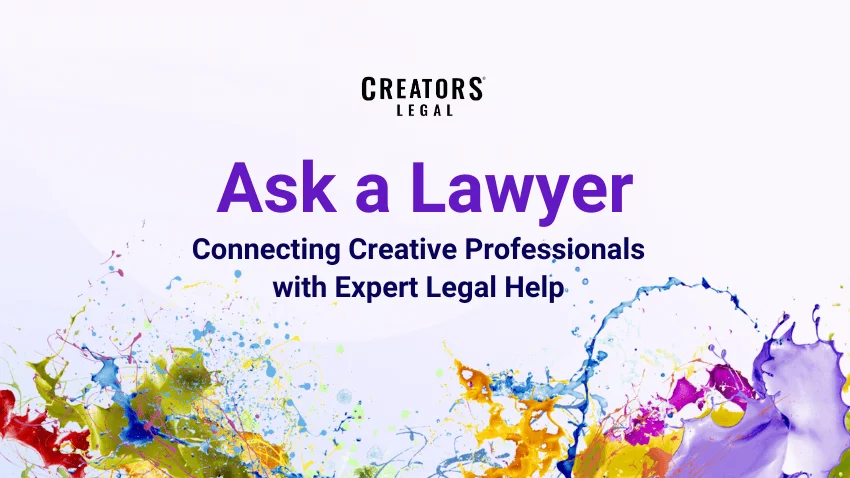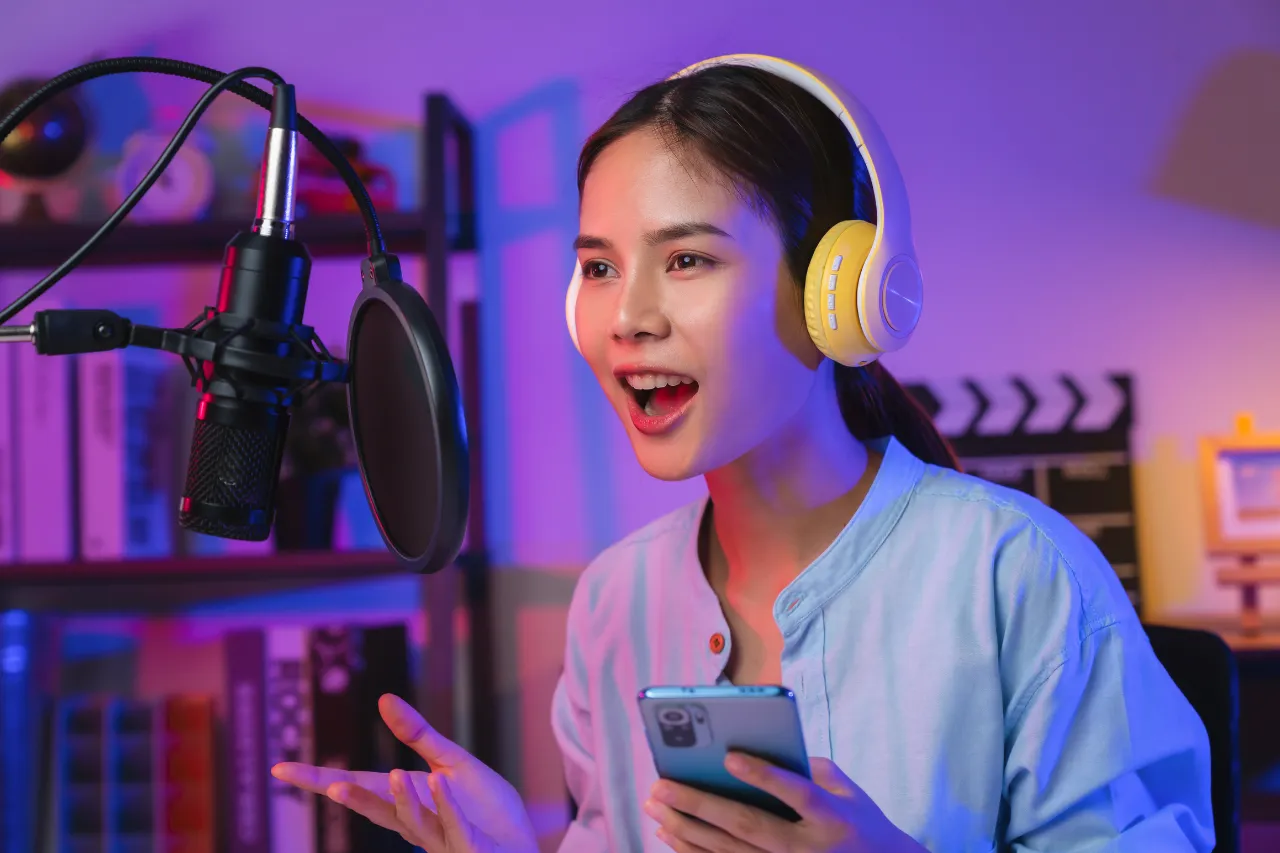Navigating Beat Licensing in 4 Easy Steps
Artists must understand beat licensing. It can be crucial for advancing their music careers. It’s essential for new creators and pros to know the difference. The key difference is between exclusive and non-exclusive licenses. You also need to know how to navigate these agreements. But what exactly are the implications of choosing one over the other? And how can you ensure you’re getting the best deal while protecting your creative rights?
In the next guide, Creators Legal will cover the basics of the process. We’ll start with the essentials. Then, we’ll move to more nuanced topics. These include negotiating exclusive rights and managing many non-exclusive permits. You’ll learn about common terms and conditions. You’ll get practical tips for reviewing contracts. And you’ll get steps to safeguard your rights. By the end, you’ll be ready to make informed decisions. They will align with your career goals and creative vision. Ready to demystify beat licensing? Let’s get started!
1. The Basics of Beat Licensing
Exclusive vs. Non-Exclusive Licenses
Artists need to understand the difference between exclusive and non-exclusive certificates. This is key for any creator navigating beat licensing. An exclusive license grants the licensee the sole right to use a specific punch. The originator usually holds the permit. Once a producer sells an exclusive document, they cannot license it to any other artist. Besides, it can help producers create a unique sound. It can do so without the risk of other musicians using the same beat.
In contrast, a non-exclusive certificate allows multiple artists to use the same beat. This document costs less and has a simpler application process. It’s a popular choice for emerging musicians. However, many creators can use it at once. As a result, it could dilute the uniqueness of a track.
Common Terms and Conditions
Licensing agreements for beats often contain key terms. Musicians need to be aware of them.
- Usage Rights specify the way to use it, including for recording, performing, or distributing.
- Distribution Limits dictate how the beat can be distributed. They include limits on the number of copies or streams.
- Duration is the length of time a permit is valid. It can range from a few months to forever.
- Exclusivity: Clarifies whether the certificate is exclusive or non-exclusive.
- These rules outline how to credit the producer. They apply to any work that uses the beat.
- Payment Terms: Details the cost of the license and any payment schedules.
Artists must understand these terms in the field of beating license. They must understand their rights and obligations within the agreement.
2. Take a deep dive into exclusive licenses
Benefits and Drawbacks
Exclusive documents offer many benefits. They give the assurance that no other creator will use the same beat. This can be crucial for branding and artistic identity, because exclusivity can also make the track seem more valuable. It could lead to higher sales and streams.
But exclusive certificates can cost more. This might be a big drawback for musicians with limited budgets. Also, after buying an exclusive license, the producer alone must use it as much as possible. It can be risky if the track underperforms.
Negotiating alone is complex. It requires careful consideration of all involved parties
When negotiating exclusive rights, artists should consider many factors. That’s to say, ensuring they’ve got the best deal.
- Pricing Strategies: Know the market rate for exclusive permits. Be ready to negotiate. It’s essential to balance the cost with the potential return on investment.
- Define all terms clearly. It includes usage rights, distribution limits, and duration.
- Watch out for common pitfalls. These include hidden fees or overly restrictive terms. They could limit the artist’s ability to use it well.
Musicians can get good terms by negotiating. They must understand these factors. The terms will align with their career goals.
3. Exploring Non-Exclusive Licenses

Flexibility and accessibility
Creators like non-exclusive licenses. They are flexible and cheap. In other words, they are attractive to emerging artists. The licenses let musicians experiment with different beats. They do so without a big cost, making it easier to find the right sound for their projects.
Also, non-exclusive licenses have fewer restrictions. They empower artists to disseminate their music and establish a following. This access can be a crucial step. It helps musicians establish themselves in the industry and in the field of beating license.
Managing a lot of licenses
Handling multiple non-exclusive licenses requires careful management to ensure compliance with each agreement. Artists should keep detailed records of all licenses. This includes the terms and conditions. It’s to avoid conflicts or breaches.
- Track Usage. Check the usage of each beat and its placement. In that way, you can ensure it complies with distribution limits and usage rights.
- Producers must ensure they’ve received appropriate credit.
- Keep track of license durations and renewal dates. This will avoid accidental lapses in rights.
By staying organized and proactive, creators can maximize the benefits of non-exclusive licenses. Besides, they can do it while still complying with all agreements.
4. Practical Tips for Artists
Reviewing contracts
Analyze beat licensing contracts thoroughly to avoid potential complications. Here’s a checklist of critical elements to look for:
- Ensure clear definitions by clearly defining and understanding all terms.
- Scope of Use: Verify that the usage rights align with your intended use of the punch.
- Payment Terms: Confirm the cost and any payment schedules it’s due.
- Exclusivity: Clarify whether the license is its exclusive or non-exclusive.
- Duration: Check the length of the license and any renewal terms it’s in.
- Credit Requirements: Understand how it’s credited to the producer.
Reviewing these elements can help musicians avoid common pitfalls. It guarantees they’ve got complete knowledge of their rights and obligations.
Protecting your rights
Knowing how to safeguard your rights as an artist is important. Here are some steps to consider:
- By register your works with the right copyright office, you can protect your property.
- Live-venue performance contracts might be simple. But beat warranties are complex. They enjoy legal review. Talking to a qualified attorney can provide insights. It can also help protect your interests.
- Keep clear documentation. Record all agreements and communications with producers. This way, you have a clear paper trail.
By taking these steps, producers can protect their rights. They ensure fair use of licensed beats if they want to build a successful career.
Conclusion: Wrapping up beat licensing
Beat licensing decisions shape your music career’s success path. Understanding the difference between exclusive and non-exclusive licenses is key. It lets you make informed choices. These choices will align with your artistic vision and career goals. Exclusive documents offer uniqueness and higher returns. Non-exclusive certificates provide flexibility and affordability. They are especially good for emerging musicians.
In Creators Legal, we have the conviction that success in such licensing comes from reviewing contracts well. It also comes from negotiating good terms and protecting your creative rights. As you enter this complex field, remember: your choices today can shape your music journey tomorrow. Equip yourself with knowledge. Stay organized. Don’t shy away from seeking professional advice like we provide when needed. In the music industry, those who master the art of beat licensing are set to create a lasting impact.






